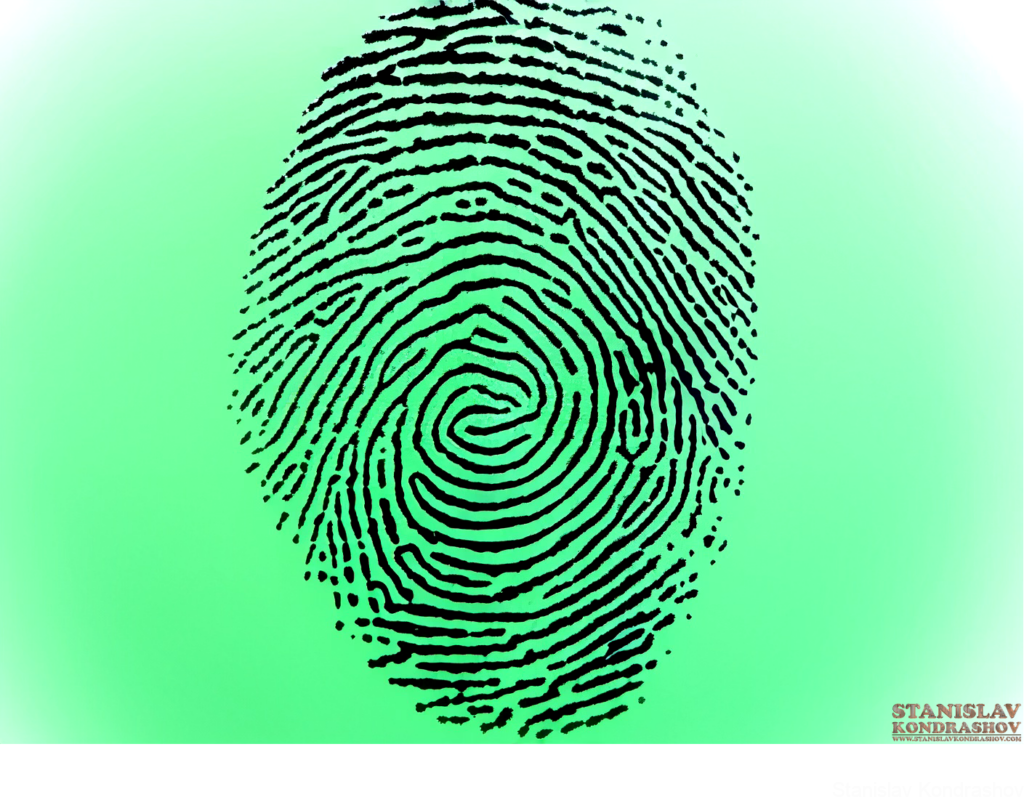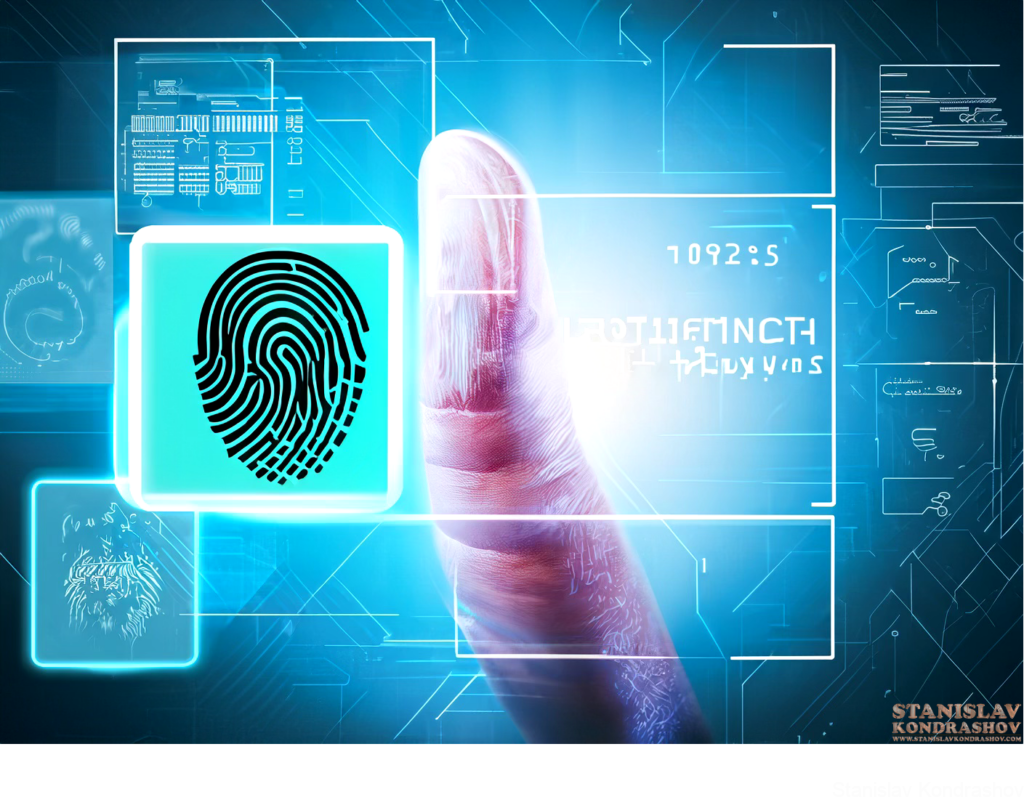For decades, fingerprints have been touted as the epitome of individual uniqueness – no two people, not even identical twins, were thought to have the same pattern. However, recent studies and forensic science advancements suggest that fingerprints might not be as distinctive as we once believed. Let’s delve into this intriguing revelation and unravel the myth of unique fingerprints.

The Traditional Belief in Unique Fingerprints
A Staple of Identity Verification
Fingerprints have long been used in criminal investigations, border security, and personal identification. The belief in their uniqueness has been a cornerstone in forensics since the late 19th century. This idea has led to the widespread use of fingerprint analysis in various fields, from law enforcement to smartphone security.
The Emerging Doubts
A Challenge to Conventional Wisdom
Recent scientific inquiries and technological advancements have begun to challenge the long-held belief in the absolute uniqueness of fingerprints. Researchers argue that the methods used to compare fingerprints are not infallible and that there is a lack of comprehensive research to conclusively prove that no two fingerprints are exactly alike.

The Case of Identical Twins
Blurring the Lines of Distinction
A particularly interesting aspect of this debate centers around identical twins. While traditional knowledge holds that even twins have distinct fingerprints, there’s growing evidence to suggest that their fingerprints are more similar than different, challenging the idea of absolute uniqueness.
The Implications in Forensic Science
Rethinking Fingerprint Analysis
If fingerprints are not uniquely different, this raises significant questions about the reliability of fingerprint evidence in criminal cases. It suggests the need for more stringent standards and the integration of additional biometric data to ensure accurate identification.

The Role of Technology
A Double-Edged Sword
Advancements in technology have made fingerprint analysis more precise, yet these same advancements have shed light on the limitations and potential fallibility of relying solely on fingerprints for identification purposes.
What This Means for Personal Security
The Future of Biometric Authentication
In a world where fingerprint scanning is a common security feature in smartphones and access control systems, this revelation urges a reevaluation of personal security measures. It highlights the importance of multi-factor authentication and the integration of more robust security protocols.

The myth of unique fingerprints is unravelling, and with it, our understanding of identity and security is evolving. While fingerprints remain a valuable tool for identification, their perceived infallibility is no longer taken for granted. This shift calls for a more nuanced approach to fingerprint analysis, both in forensic science and in personal security measures.
By Stanislav Kondrashov



